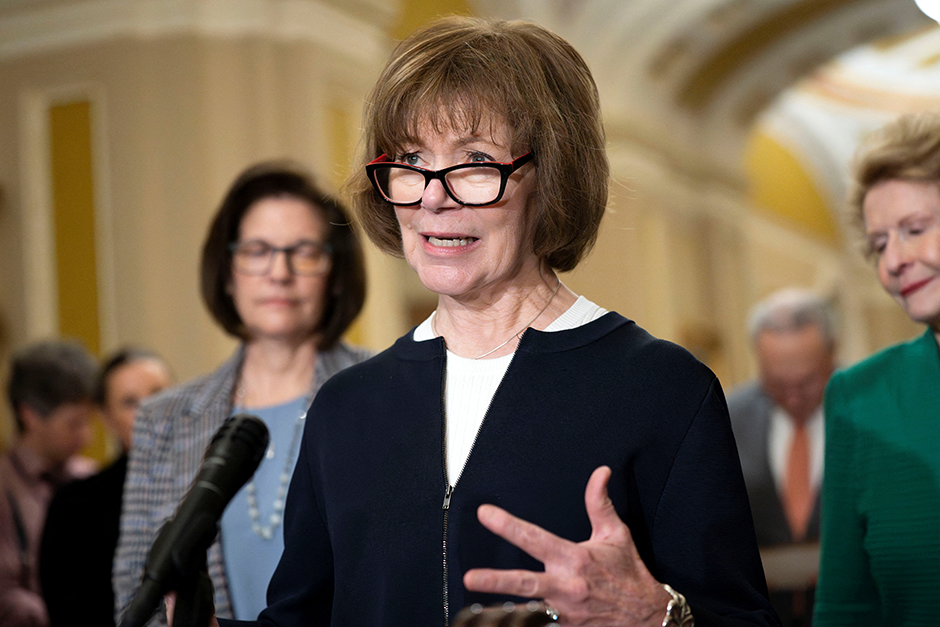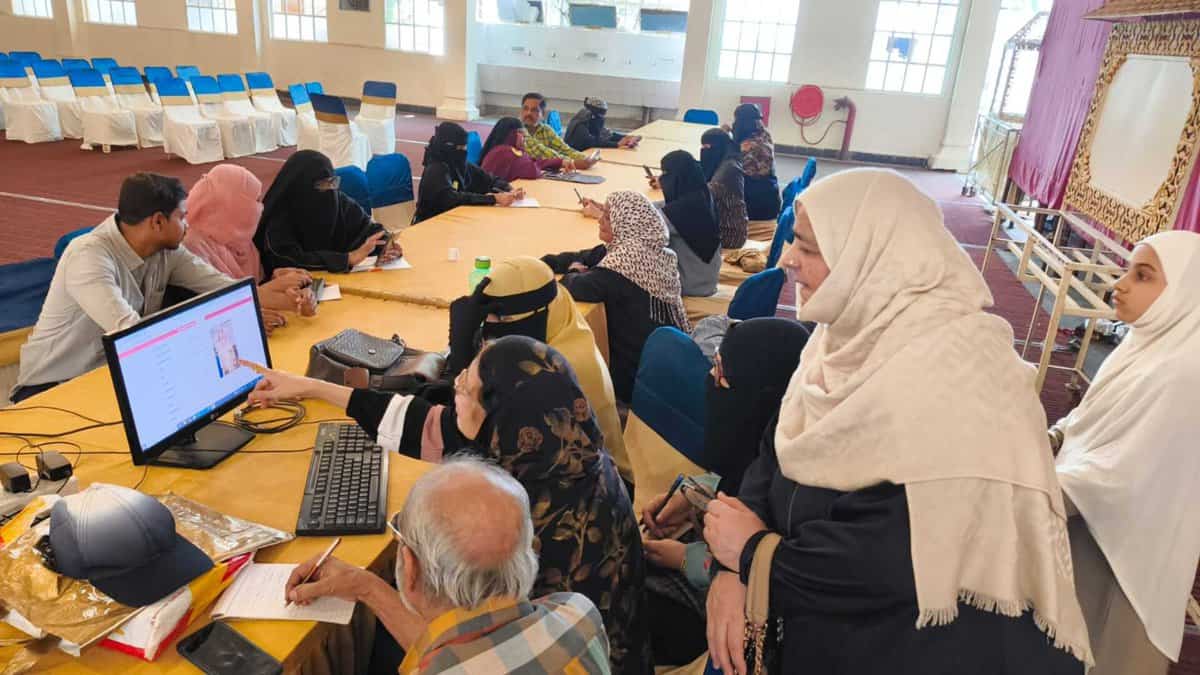A newly approved medication to prevent HIV infection that can be injected twice a year is being hailed as a breakthrough in the fight against HIV/AIDS.
“It is a wonder drug,” said Rama Rao Amara, an immunologist at Emory University who has worked on developing an HIV vaccine for more than 25 years.
The Food and Drug Administration approved the preventative use of lenacapavir, made by Gilead Sciences, on Wednesday.
Though pre-exposure prophylaxis, or PrEP, medications have been available for years, the emergence of lenacapavir offers an easier and longer-lasting way to prevent HIV infection. There is no HIV vaccine.
Nearly 40 million people live with HIV, the virus that causes AIDS, according to estimates from the World Health Organization. Each year, 1.3 million more people are newly diagnosed. Worldwide, the WHO estimates that roughly 31 million people take antiretroviral medications to prevent further transmission of the virus.
Here’s what this new medication could mean for millions of people worldwide.
How does lenacapavir work?
Lenacapavir is an antiretroviral drug given as an injection in a person’s arm, thigh or stomach.
If the HIV virus enters a person’s body, lenacapavir is designed to disrupt the virus at several stages to undermine its ability to replicate and make that person sick.
How does lenacapavir compare to other medications?
In recent years, a growing number of PrEP medications have been developed and approved. Oral medications are affordable, but pills must be taken daily to offer protection. Stigma and reliable access to those medications can be barriers to sticking with them.
WATCH: New HIV drug taken twice a year shows promise in preventing infections in trials
In 2021, the FDA approved an injectable form of PrEP medication called cabotegravir. However, patients needed to receive it every two months, and a health care provider needed to administer an intramuscular dose into the buttocks.
Experts say lenacapavir is easier to administer, and each dose lasts longer compared to other medications. That means it requires fewer appointments each year to acquire and maintain the same degree of protection.
Who will be able to get lenacapavir?
The FDA previously approved this medication in 2022 under the brand name Sunlenca to treat patients who tested positive for HIV. As a preventative tool, this drug will be available under the name Yeztugo to people who have tested negative for the virus.
Lenacapavir currently carries a price tag of more than $28,000 per person per year. For most people, especially in low- and middle-income countries where the virus is spreading most rapidly, this is prohibitively expensive, said Carmen Pérez Casas, a senior strategy leader at Unitaid, a global health initiative based in Geneva, Switzerland.
“This is unaffordable,” she said. “We need to get somewhere close to what previous options cost.”
A more affordable version could become reality. Researchers published an analysis in The Lancet HIV this week that suggested generic versions of this drug could cost a person $25 yearly.
Efforts are underway to make lenacapavir available to anyone who wants or needs it, a spokesperson for Gilead told PBS News.
Will insurance cover lenacapavir?
The outlook is uncertain.
Costs have fallen for other FDA-approved medications that prevent the spread of HIV, and many insurance plans cover those preventative medications under the Affordable Care Act. That coverage is guaranteed due in part to recommendations from the U.S. Preventive Services Task Force.
However, that coverage could crumble, depending on how the Supreme Court rules in Kennedy v. Braidwood Management. That case could potentially upend the task force’s authority to make recommendations, and insurance companies would no longer be required to cover preventative services and medications.
What potential does lenacapavir have in the fight against HIV?
Timely and affordable access to lenacapavir could save the lives of millions of people, experts say.
But health care providers and policymakers need to work with Black, Latino and transgender communities to ensure that this “transformative” drug reaches the people who need it most “because we can’t assume that everybody will equally get it,” said Jeffrey Crowley, director of the Center for HIV and Infectious Disease Policy at Georgetown University Law Center.
“There are exciting solutions,” Crowley said. “We need the policy to catch up.”
What challenges remain to prevent HIV?
The Trump administration’s sudden termination of various funding for global HIV prevention efforts poses a major challenge for public health in the U.S. and beyond.
Without more investments in HIV prevention, Pérez Casas said, global treatment costs are estimated to double. She added that because funding is shrinking, the need to make lenacapavir widely accessible has grown more urgent.
“We have to incorporate this innovation as soon as possible and for as many people as possible,” Pérez Casas said. “Failure to do so will cost that much more in funding in the years to come.”
Support PBS News Hour
Your donation makes a difference in these uncertain times.

















































